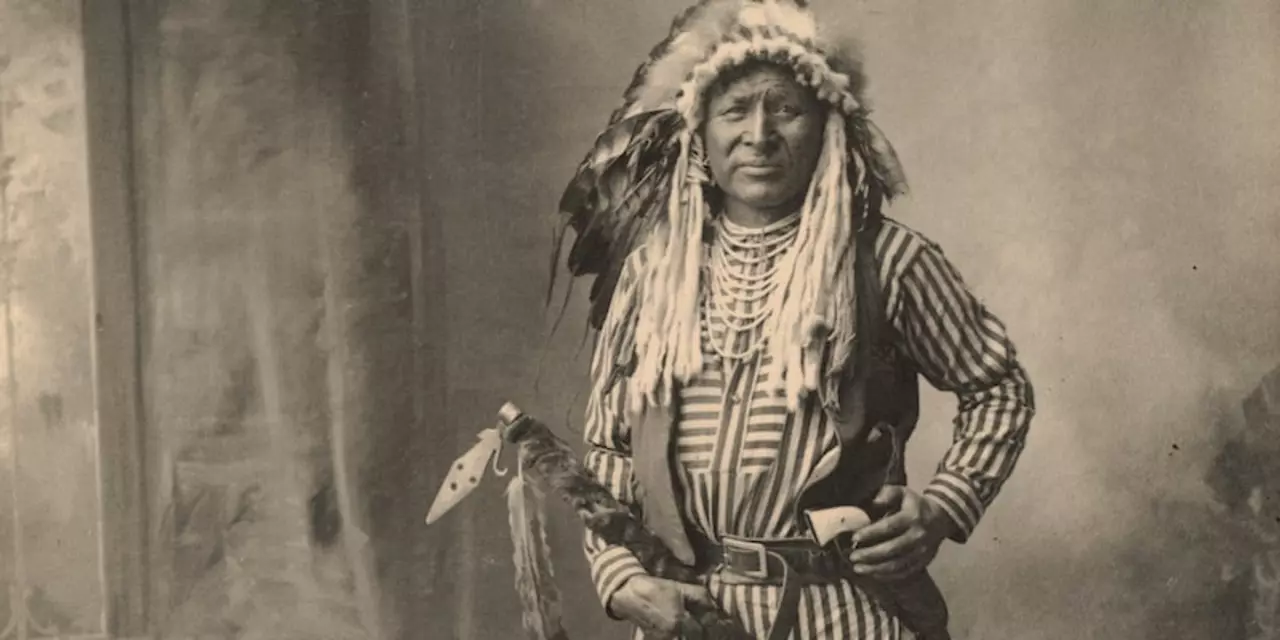Feeling hate is something most of us experience at some point. It can show up as anger toward a person, a group, or even a situation. When you let it linger, it eats away at your peace and clouds your judgment. The good news? Hate isn’t permanent, and you can learn to handle it without letting it control you.
Usually, hate starts with a sense of threat. It could be real or imagined—like feeling judged, dismissed, or wronged. Social media amplifies these feelings because you see strong opinions fast, and it’s easy to jump to conclusions. Personal history matters too; past hurts can make you more sensitive to similar events.
Another big trigger is the need to belong. When a group you identify with is attacked, you may adopt its anger as your own. This is why hate can spread quickly in communities. Recognizing these triggers helps you catch the feeling early before it grows.
First, pause. Take a deep breath and ask yourself what’s really behind the emotion. Is it fear, disappointment, or feeling powerless? Naming the root makes it easier to address.
Second, shift perspective. Try to see the situation from the other side. Even if you don’t agree, understanding why someone acted a certain way can lessen the intensity of hate.
Third, talk it out. Sharing your feelings with a friend or writing them down clears mental clutter. You’ll notice patterns that you can work on.
Fourth, focus on something positive. Physical activity, listening to music, or a hobby redirects energy away from negative thoughts. Regular exercise, for example, releases endorphins that naturally counteract anger.
Finally, set boundaries. If a person or online space constantly fuels hate, limit your exposure. Curating what you consume protects your mental space.
Remember, feeling hate doesn’t make you a bad person—it’s a signal that something needs attention. By noticing it, questioning it, and taking small actions, you can turn that signal into growth.
Start with one simple step today: when you notice a wave of hate, pause for five seconds, breathe, and write down the exact thought causing it. You’ll be surprised how much lighter you feel after turning that thought into words.

The article focuses on the reasons why some Indians tend to have negative views of the United States. It suggests that these attitudes are due to the US's influence in foreign policy, its military presence in South Asia, and its economic policies. Additionally, Indian citizens are often concerned that the US is attempting to interfere in the internal affairs of India. Furthermore, American culture is sometimes seen as a threat to traditional Indian values and traditions. Finally, the article highlights the need to understand these issues in order to better understand the Indian perspective.
READ